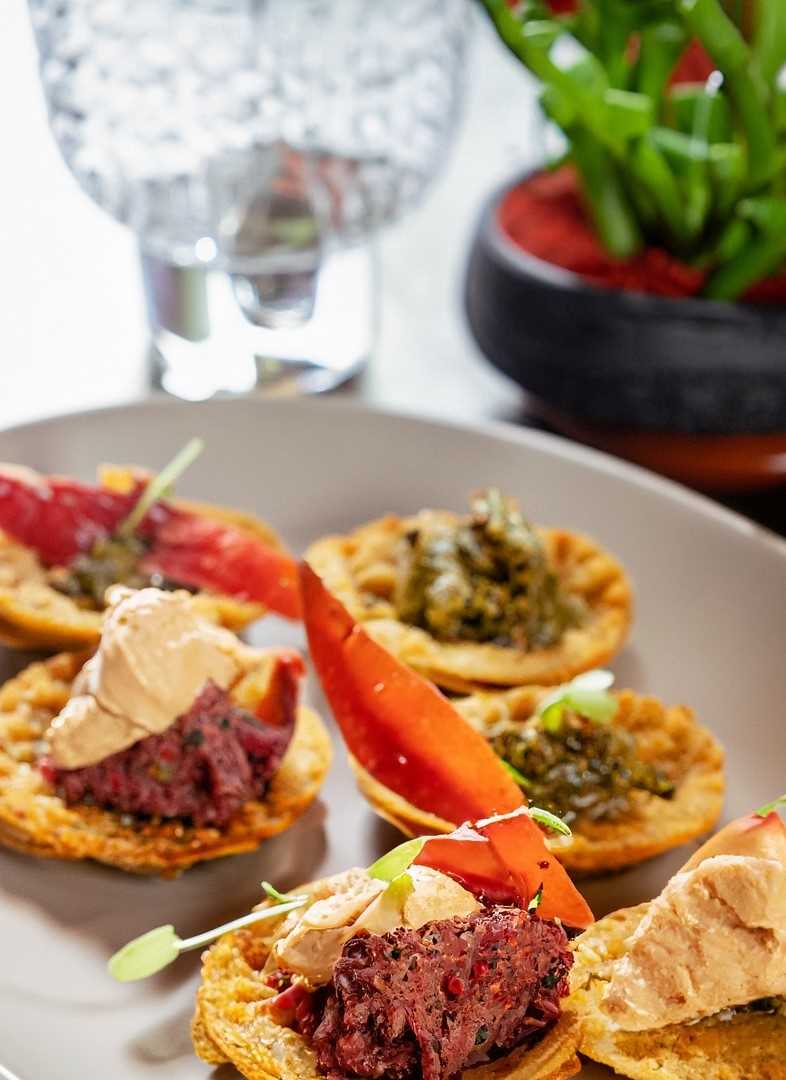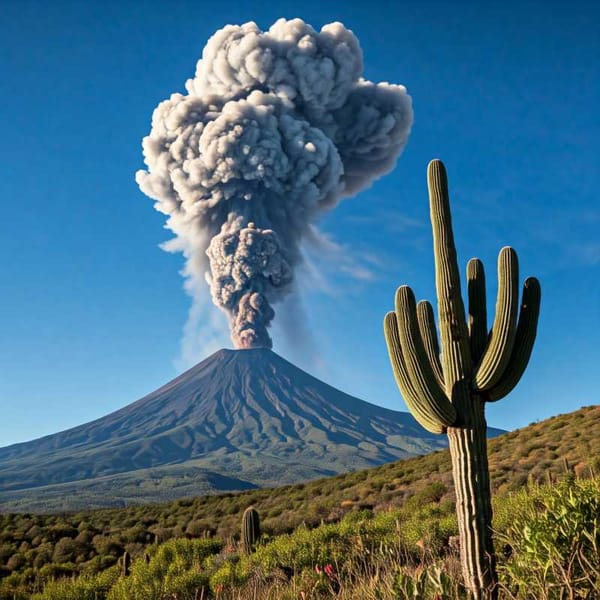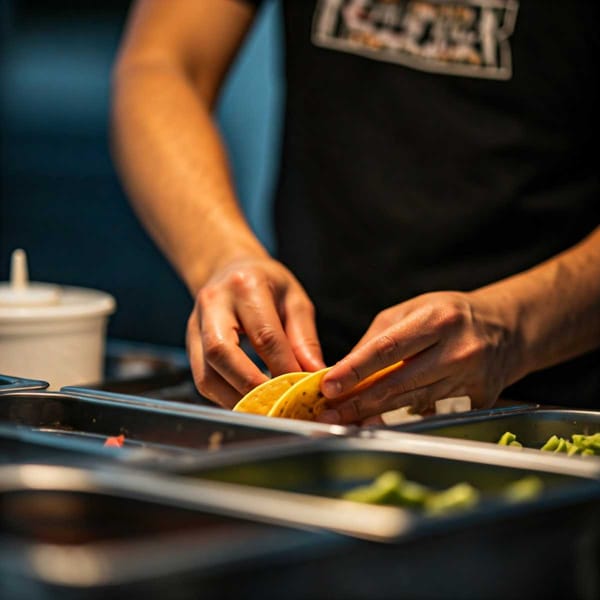How Mexican Food Waste Makes Irresistible Vegan Snacks
UNAM scientists revolutionize the culinary world, transforming agro-industrial waste into delicious vegan cheese and snacks. Packed with nutrients and eco-friendly, these functional foods promote sustainability and cater to the rising demand for plant-based options.

The Post-harvest Laboratory of Vegetable Products at the UNAM's Cuautitlán Faculty of Higher Education (FES) in Mexico is revolutionizing the culinary world by turning agro-industrial waste into delicious and nutritious vegan cheese and snacks. Led by Andrea Trejo Márquez, an academic and project leader, the team is creating innovative products using huauzontle waste and xoconostle skins.
These pre-Hispanic ingredients are not only rich in vitamins, minerals, and fiber but also boast remarkable nutritional and medicinal properties. By harnessing these overlooked resources, the team is addressing environmental concerns, promoting sustainable development, and catering to the growing demand for plant-based foods, especially among health-conscious young consumers.
The Power of Huauzontle and Xoconostle
Huauzontle and xoconostle, once essential components of the Mexican countryside, are now gaining attention for their nutritional benefits. Huauzontle, a leafy vegetable, contains essential nutrients such as calcium, iron, phosphorus, and vitamins A, C, E, and B complex. Notably, it stimulates memory and supports brain function, making it an ideal addition to functional foods.
Xoconostle, commonly known as sour prickly pear, is renowned for its vitamin C and antioxidant properties. However, its skins, which are often discarded, are packed with fiber, aiding digestion and promoting better gut health.
The Valorization of Agro-Industrial By-Products
The food industry generates significant amounts of waste, including agro-industrial by-products. Unfortunately, managing this waste remains a challenge due to inadequate awareness, technological capacity, and proper legislation. To combat this issue, the UNAM team, consisting of researchers Selene Pascual Bustamante and Gabriela Hermosillo, along with students Karen García and Ángeles Ramírez, has embarked on a mission to identify opportunities for the valorization of these by-products.
Through careful research and analysis, they found that substantial losses occur at different stages of the production and commercialization chain: 20 percent during production, 3 percent during storage, 12 percent during sale, and a staggering 28 percent during industrialization for consumption. With an average wastage of 60 percent, it became evident that innovative solutions were needed to address this problem.

Functional Foods for Sustainable Health
The project, aptly titled “Use of agro-industrial by-products for the development of functional foods,” focuses on developing beneficial and nutritious products from various waste generated during the production chain. By transforming pineapple peels, mango and mamey seeds, sugar cane bagasse, fruit and citrus skins, stalks, pineapple fiber, peanut or coconut shells, artichoke leaves, and more, the team has successfully created vegan cheese and snacks from xoconostle skins.
Functional foods, in addition to providing essential nutrients, offer specific health benefits. As plant-based diets gain popularity among health-conscious individuals, the vegan cheese and snacks hold great promise. Not only do these foods contribute to sustainable development, but they also cater to the rising need for healthier alternatives, especially in a country like Mexico, where obesity and diabetes are major health concerns.
Embracing Veganism
While veganism has been widely accepted worldwide, it is still gaining traction in Mexico. However, the younger generation's growing awareness of animal welfare and health benefits is driving the demand for plant-based foods. Vegan cheese made from huauzontle waste aligns perfectly with this trend, offering a protein-rich, cholesterol-free alternative to conventional dairy cheese. Moreover, its high fiber content promotes better digestion, making it a healthier choice overall.
Xoconostle shell snacks are another highlight of the UNAM team's innovation. Packed with fiber, polyphenols, and antioxidants, these snacks provide a nutritionally superior option to common commercial alternatives like potato chips. By promoting the consumption of functional foods, the team is not only reducing waste, but also enhancing nutrition and overall well-being.
Conclusion
The groundbreaking research conducted by the Post-harvest Laboratory of Vegetable Products at UNAM's FES Cuautitlán serves as a beacon of hope for sustainable development and innovative culinary solutions. By utilizing agro-industrial waste to create delicious and nutritious vegan cheese and snacks, the team is contributing to a greener, healthier future. As plant-based diets gain popularity worldwide, this project aligns perfectly with the objectives of the 2030 Agenda for Sustainable Development. With more innovative solutions like these, we can look forward to a brighter, more sustainable tomorrow.




